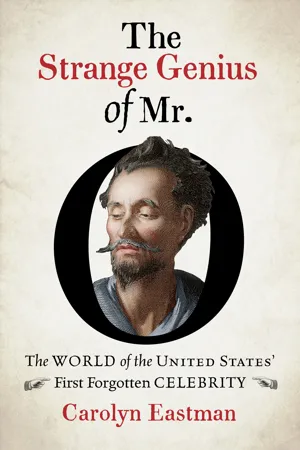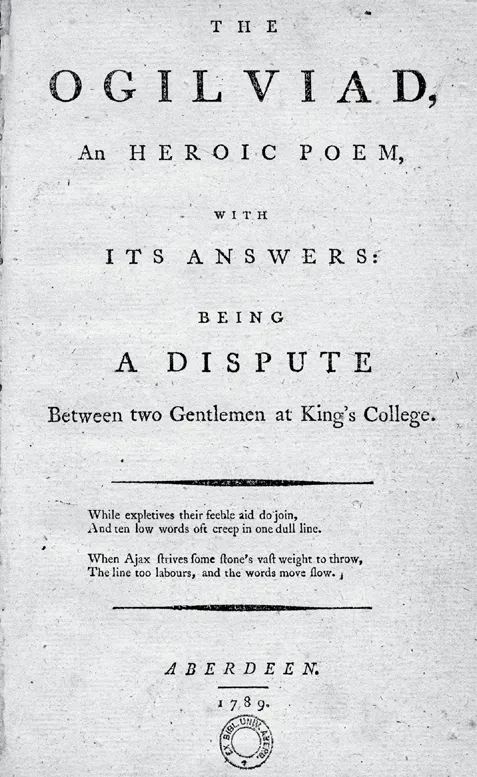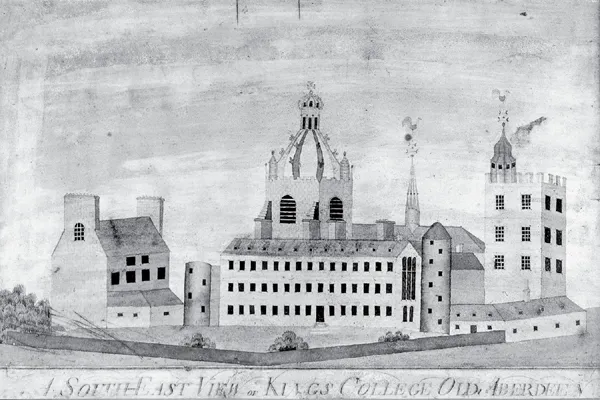
The Strange Genius of Mr. O
The World of the United States' First Forgotten Celebrity
Carolyn Eastman
- 368 páginas
- English
- ePUB (apto para móviles)
- Disponible en iOS y Android
The Strange Genius of Mr. O
The World of the United States' First Forgotten Celebrity
Carolyn Eastman
Información del libro
When James Ogilvie arrived in America in 1793, he was a deeply ambitious but impoverished teacher. By the time he returned to Britain in 1817, he had become a bona fide celebrity known simply as Mr. O, counting the nation's leading politicians and intellectuals among his admirers. And then, like so many meteoric American luminaries afterward, he fell from grace. The Strange Genius of Mr. O is at once the biography of a remarkable performer--a gaunt Scottish orator who appeared in a toga--and a story of the United States during the founding era. Ogilvie's career featured many of the hallmarks of celebrity we recognize from later eras: glamorous friends, eccentric clothing, scandalous religious views, narcissism, and even an alarming drug habit. Yet he captivated audiences with his eloquence and inaugurated a golden age of American oratory. Examining his roller-coaster career and the Americans who admired (or hated) him, this fascinating book renders a vivid portrait of the United States in the midst of invention.
Preguntas frecuentes
Información
{ CHAPTER 1 }
The Ogilviad; or, Two Students at King’s College Fight a Duel in Poetry,

